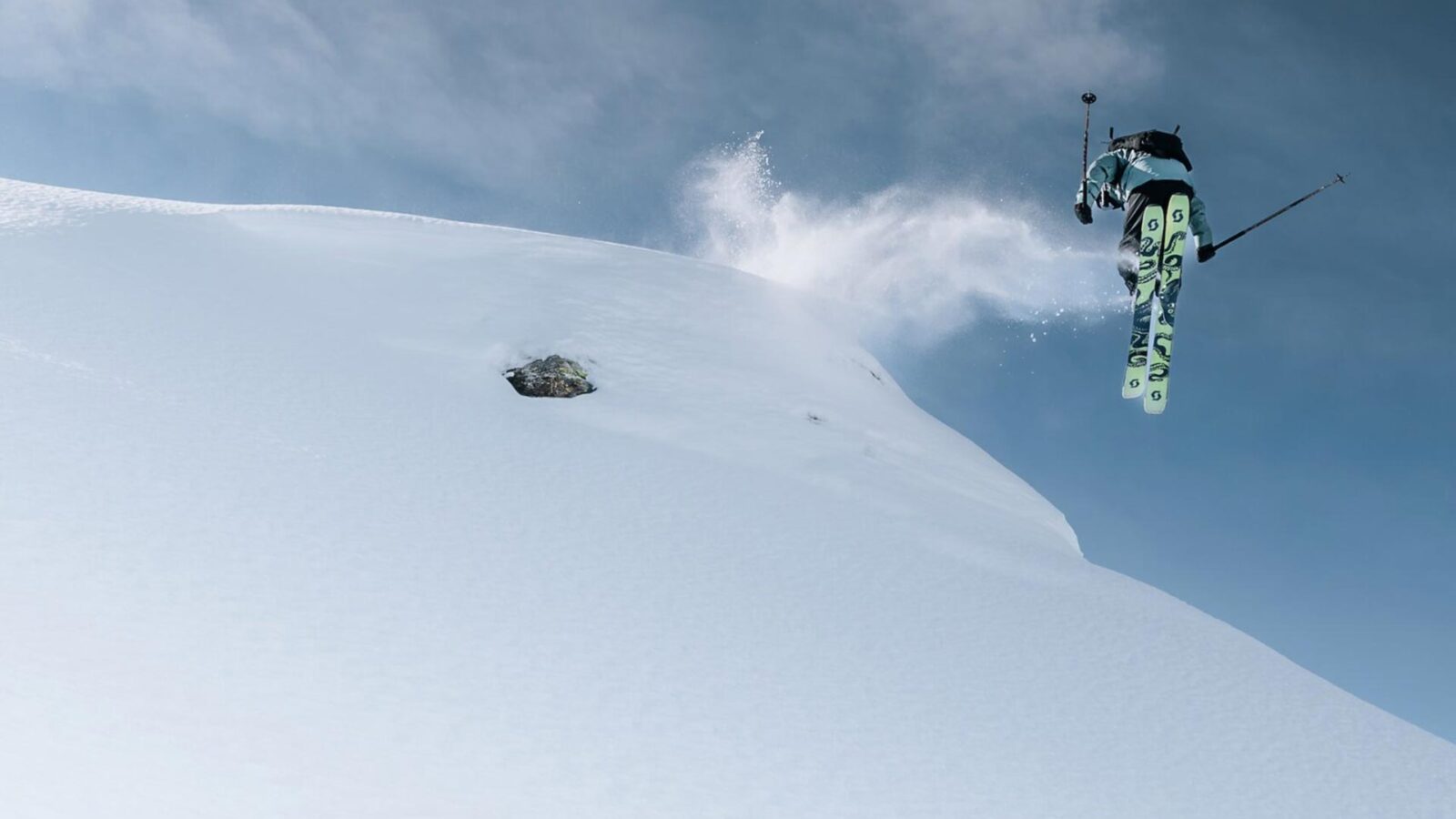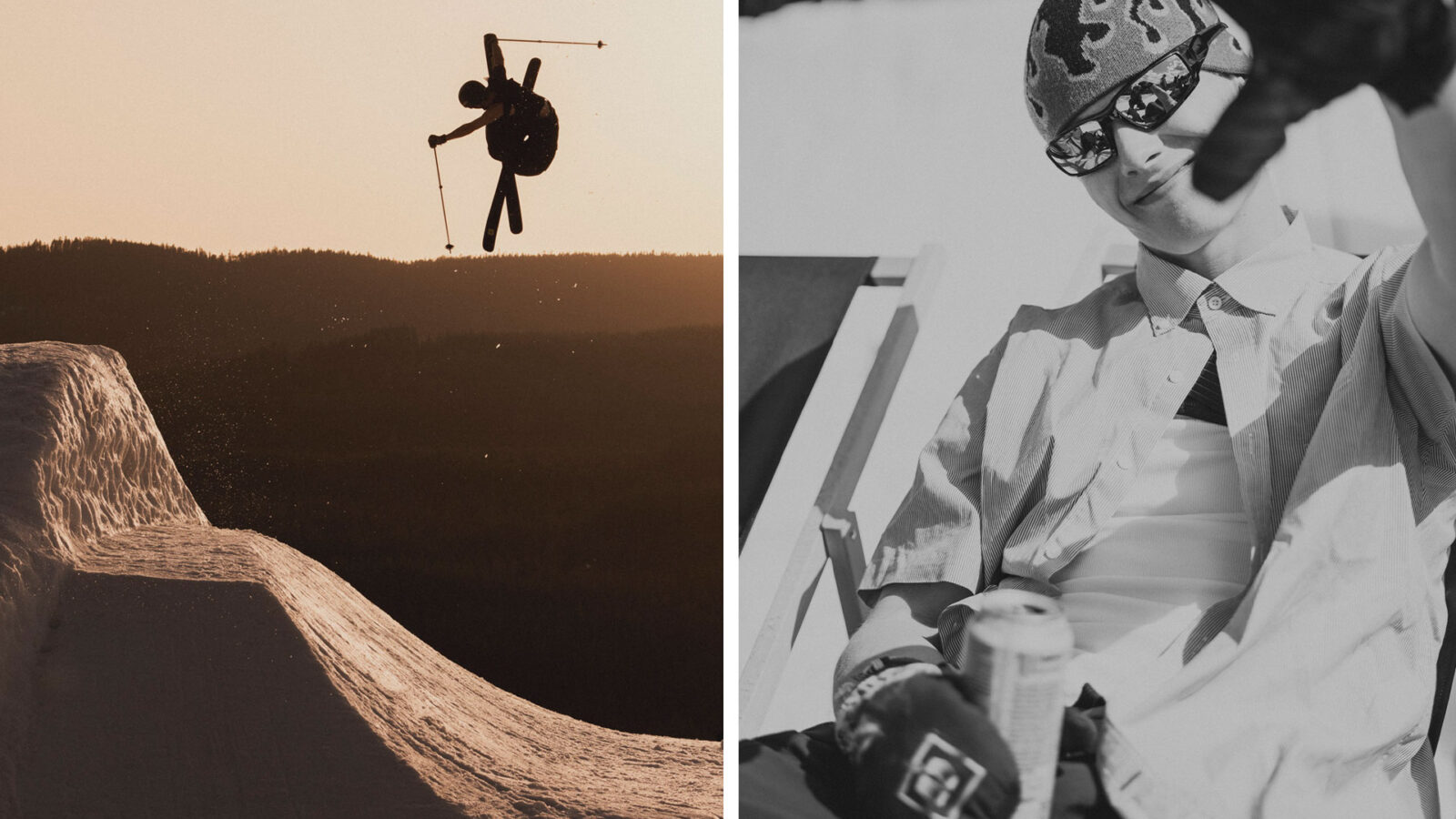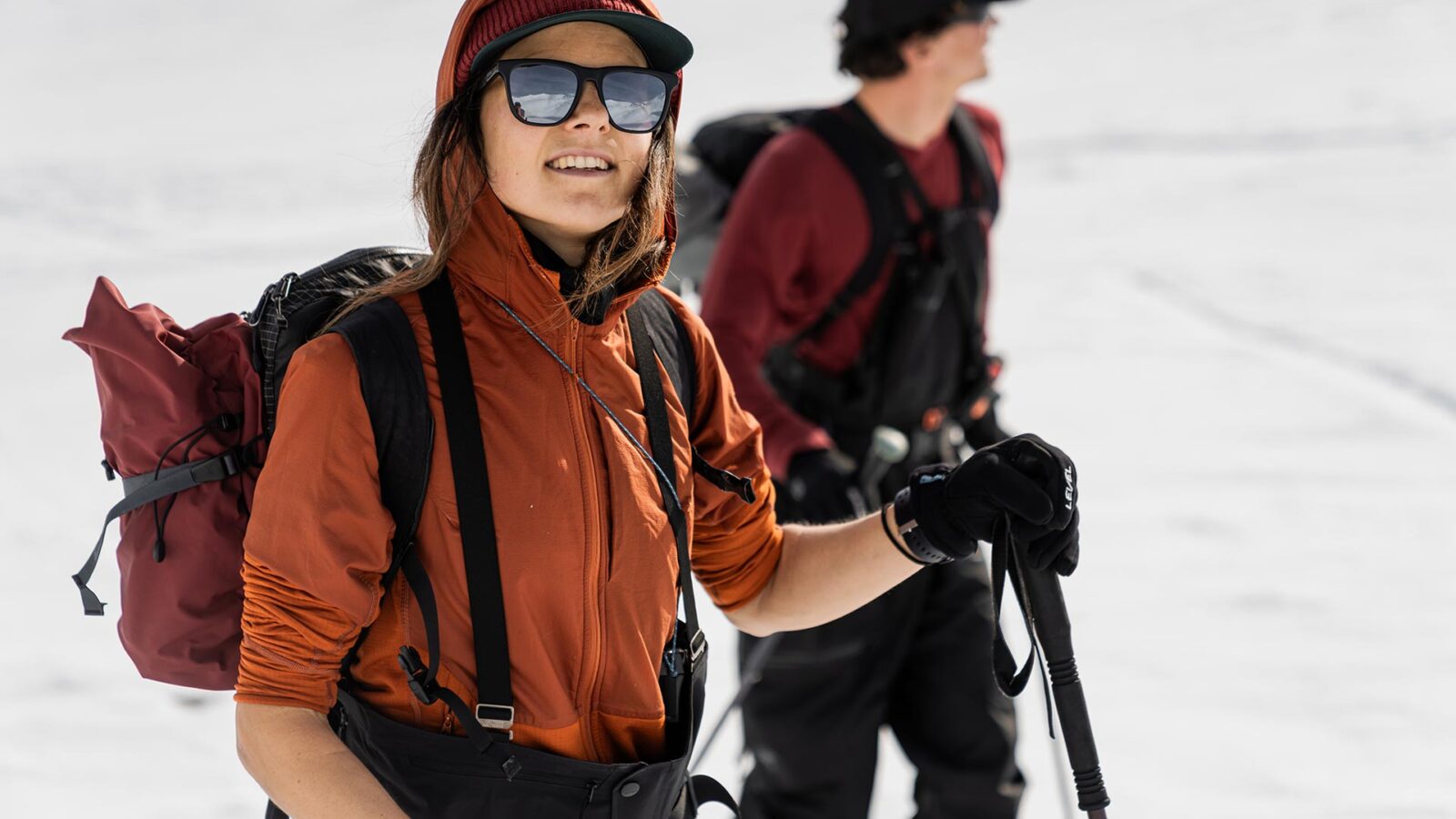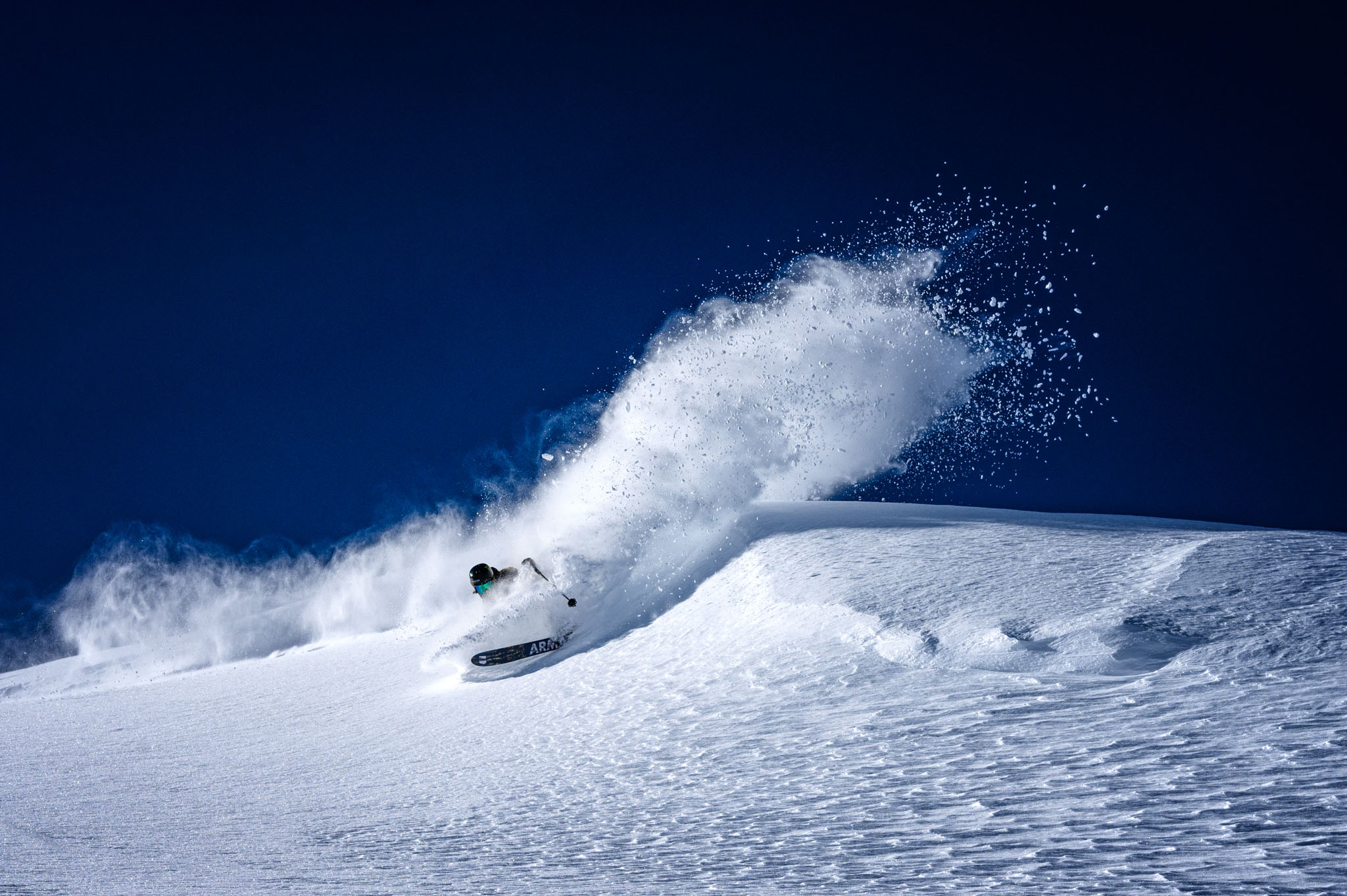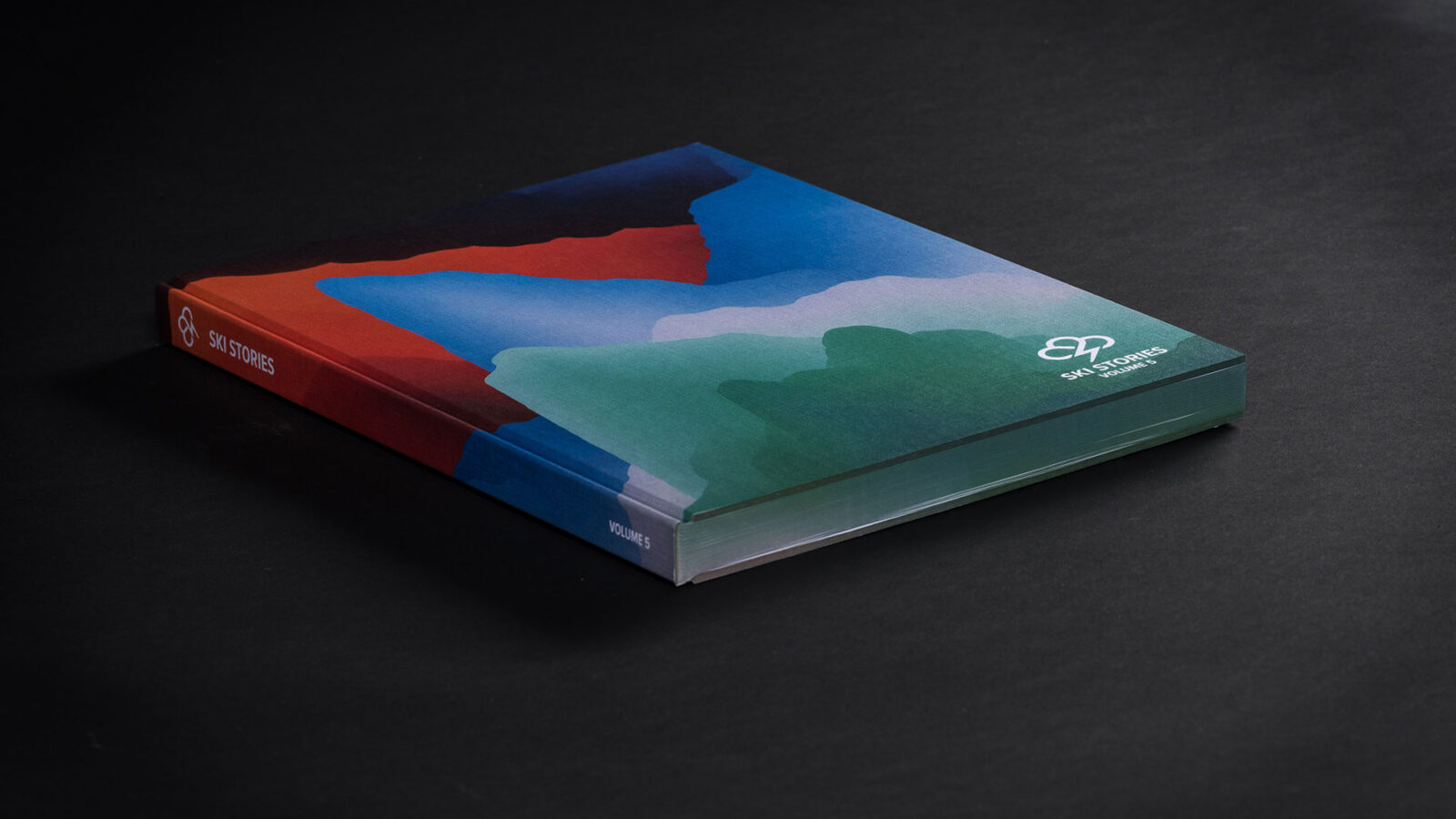
Stories
World Cup Predictions, Based on Skiing
Suppose the winning team of the 2018 FIFA World Cup could be determined by analyzing a country’s ski terrain, infrastructure and culture—what I’ll call its “skiability.”
Wait—before you click away, give it a chance. Since other models of predicting a World Cup winner have included an octopus, psychic cats and bears, it’s at least worth a try.
It’s reasonable to kick off the skiability analysis with a look at its downsides. Brazil has the winningest World Cup team to date, but with a dry slope and an indoor hall as the only ski infrastructure in the country, the skiability model suggests they won’t go far. The same unfortunately applies to Costa Rica, Panama and Uruguay, who according to the skiability model have about the same chances as a snowball in Montevideo.
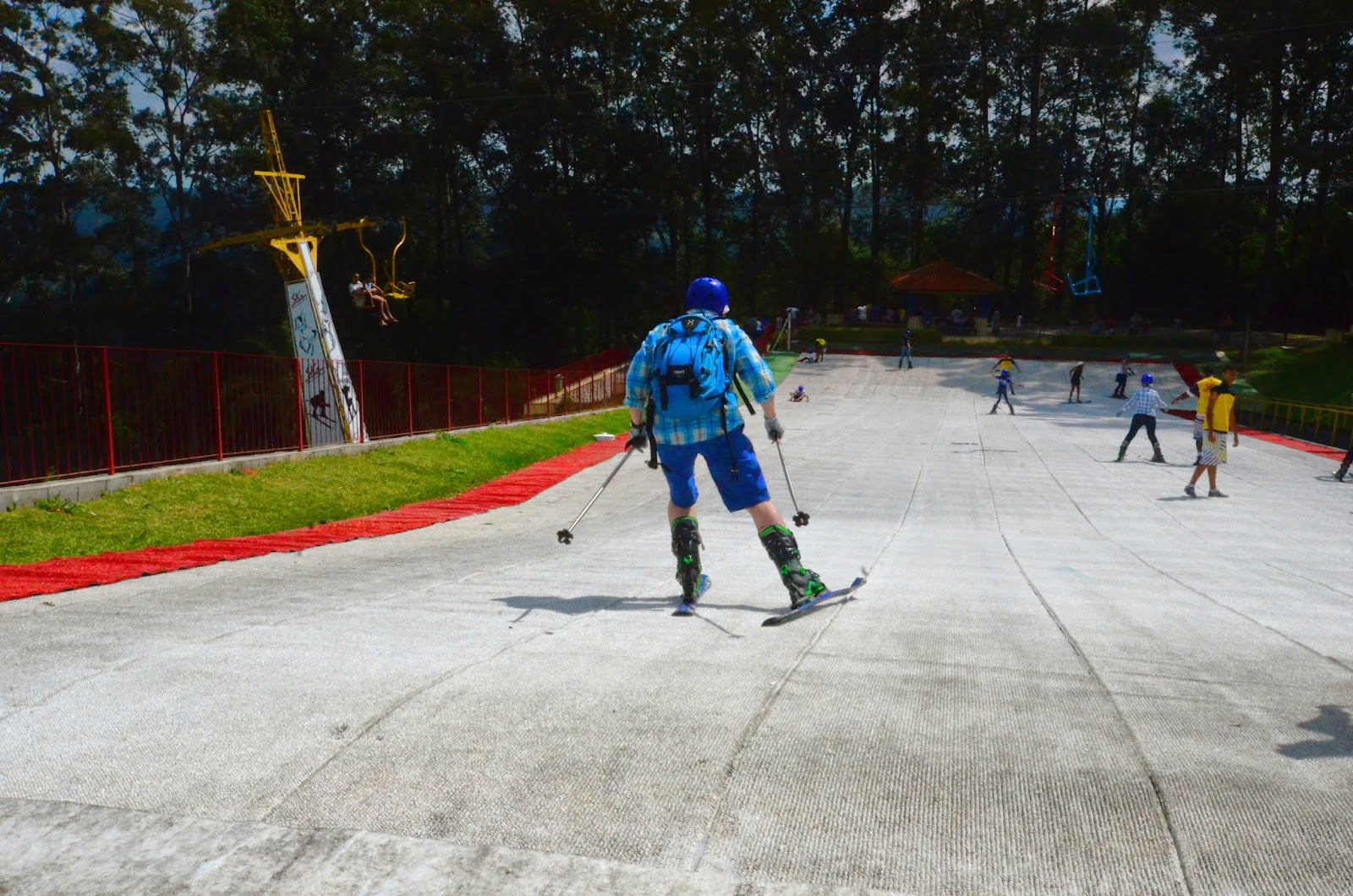
Skiing in Brazil: not quite cutting it. (Photo: planetskier.blogspot.com)
The skiability model gives much better chances to Argentina. Well-known Argentinian ski destinations like Las Leñas and Cerro Catedral and the stunning topography of the Andes aptly mirror the quirky, unconventional beauty of Messi’s play as well as the unpredictability of his Argentinian side. The conditions might not always be good, but when they’re good, they’re great. The skiability model rings true with Argentina, who on her best days can hold her own with any powder day—or football side— anywhere.
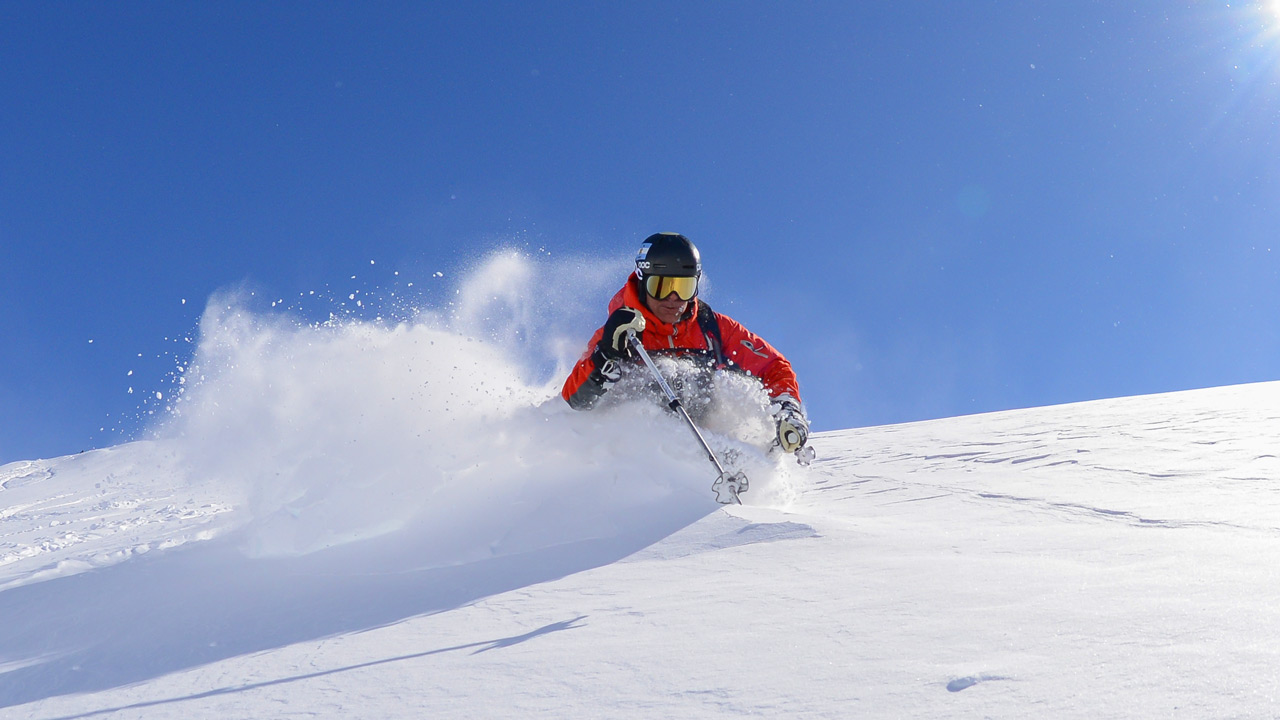
Argentina: much, much better. (Photo: LasLenas.com)
Peru has no ski infrastructure to speak of, but she does boast dozens of daunting 6,000-meter peaks, the realm of serious ski mountaineers looking to ski steep and scary. Plus, there's this. So while there’s a case to be made for Peru as a challenging, exotic slope to overcome, the country’s general lack of skiability keeps her from breaking into the top ranks. Columbia and Mexico, with a handful of skiable peaks each, also receive below-average ratings.
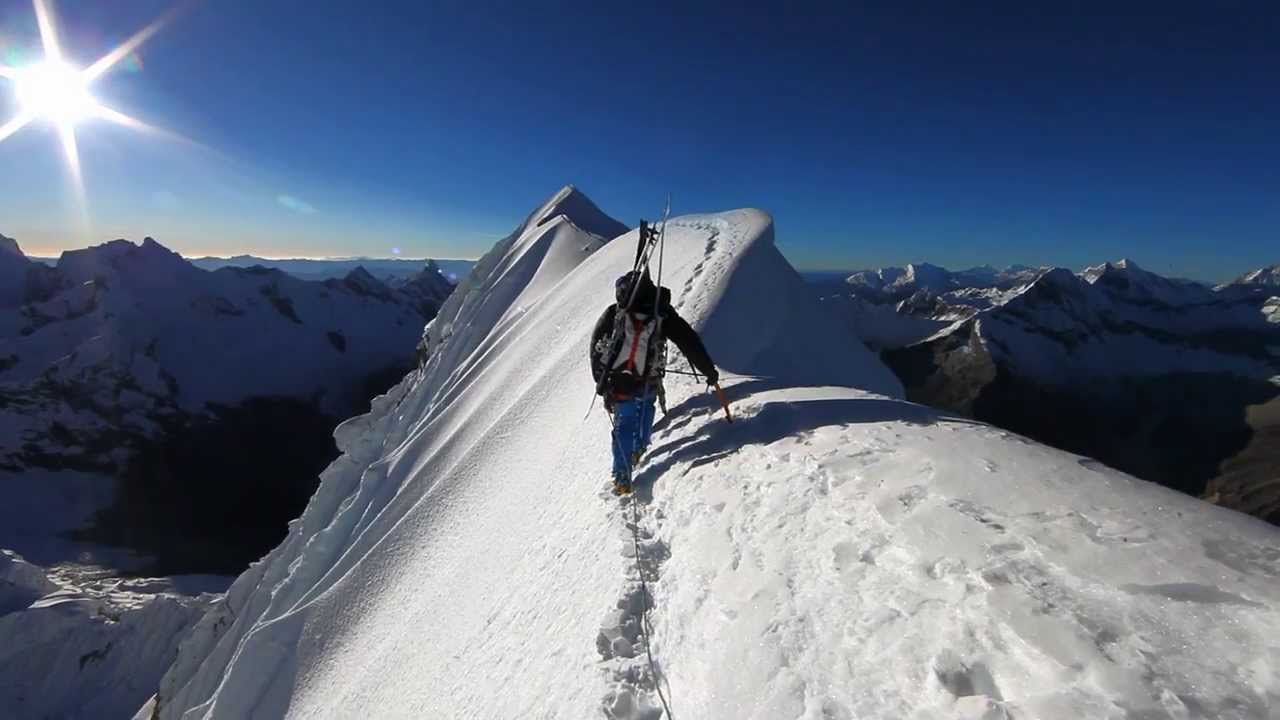
Peru: technically skiable, but kind of gnarly. (Photo source: Youtube)
Like many of the Central and South American nations, Africa generally doesn’t fare well under the skiability model. With a few wisps of snow in the Atlas Mountains, Morocco has at least a fighting chance, and it has been known to snow in Tunisia and Egypt. But there’s really not much hope for snow-free, sub-Saharan nations like Senegal and Nigeria.
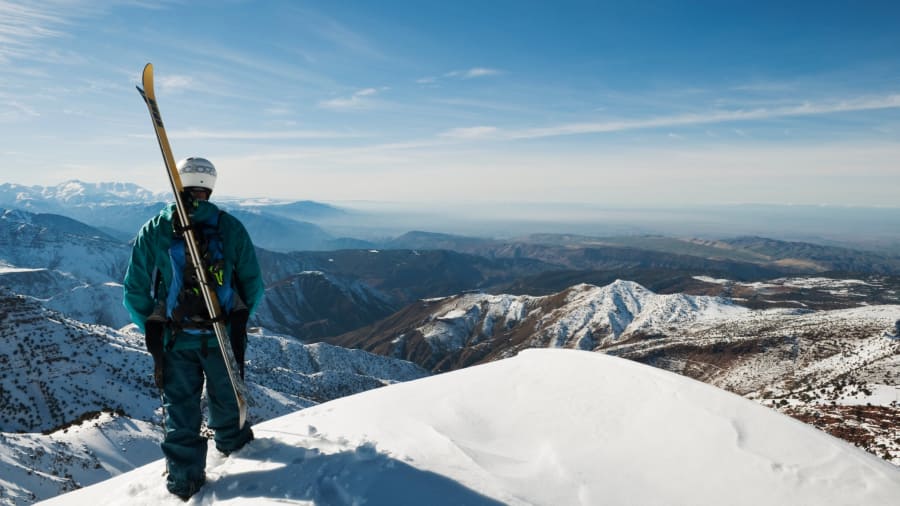
Morocco: one of few skiable African nations. (Photo: cnn.com)
Turning to Asia, South Korea gets a boost for its modern ski infrastructure, showcased at the recent Winter Olympics. That said, it’s hard to argue that South Korea’s modest skiability ranking can hold a candle to the flames of the world’s skiing hotspots—like, for example, her neighbor Japan. The skiability model predicts wild successes for the Japanese team, based on the country’s hundreds of ski resorts and world-famous powder.
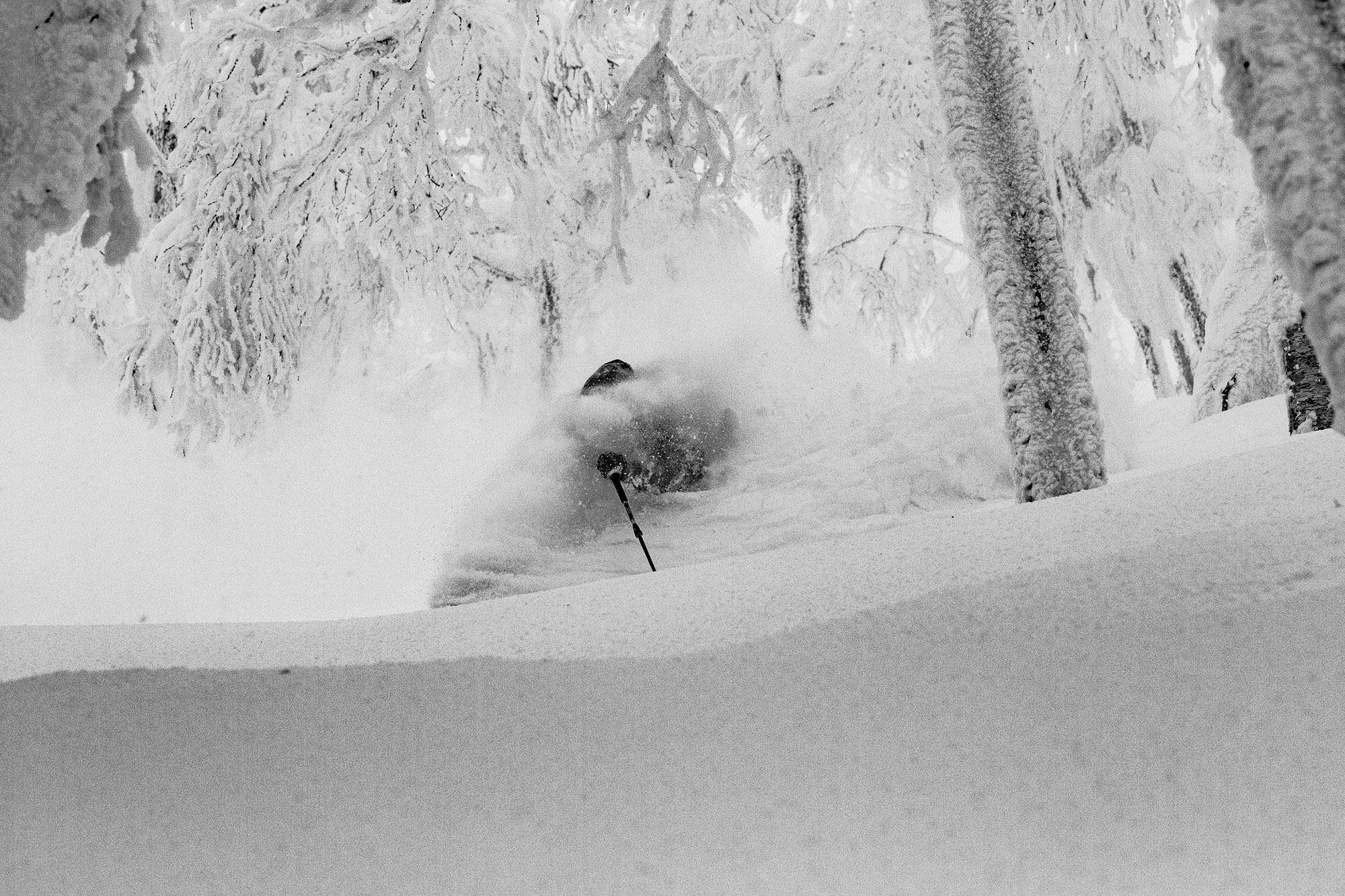
Japan: In a league of its own. (Photo: Ethan Stone)
Australia finds herself at slightly below average in the skiability model. Yes, she’s got mountains, snow and ski resorts, including known destinations like Perisher, Thredbo and Mt. Buller, and ski terrain topping out above 2,000 meters. But the skiing is localized, hard to get to, and expensive. So yes, there’s a bit of powder beneath Australia’s planks, but probably not enough to get the team far.
The skiability model presents Russia as a challenger not to be underestimated. From the Caucasian peaks of Sochi to the remote ranges of Kamchatka and all the street rails in between, the country’s vast land mass includes a wide variety of comparatively unexplored, highly skiable places. Don’t count them out.
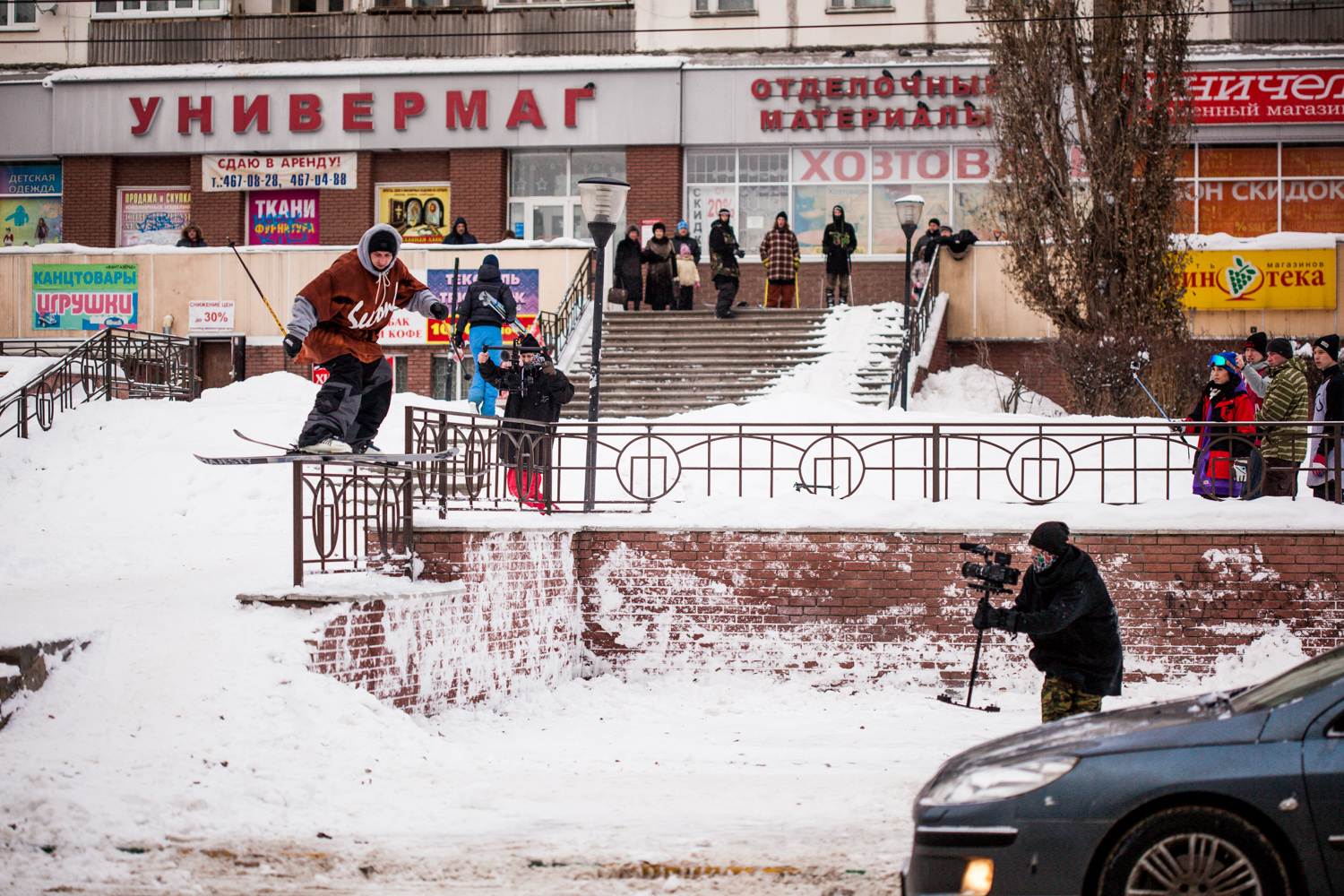
Russia: much more skiable than you might think. (Photo: David Malacrida)
Europe is where the skiability model really starts to become interesting. Beginning at the fringes, Iceland presents herself as an up-and-coming threat. Though the country’s ski infrastructure isn’t expansive, her mountains are all-time, with springtime freeriding that’s been compared to Alaska. As far as skiability goes, consider Iceland on the come-up.
Jumping over to Scandinavia, Sweden has a long and storied skiing tradition and plenty of talent; her ski terrain, however, with the exception of a few steeper places like Riksgränsen and Åre, leaves something to be desired. Still, her strong ski culture gives Sweden a high placement in the skiability model: there’s definite potential here.
Sorry, Denmark and Belgium. You’re just too flat.
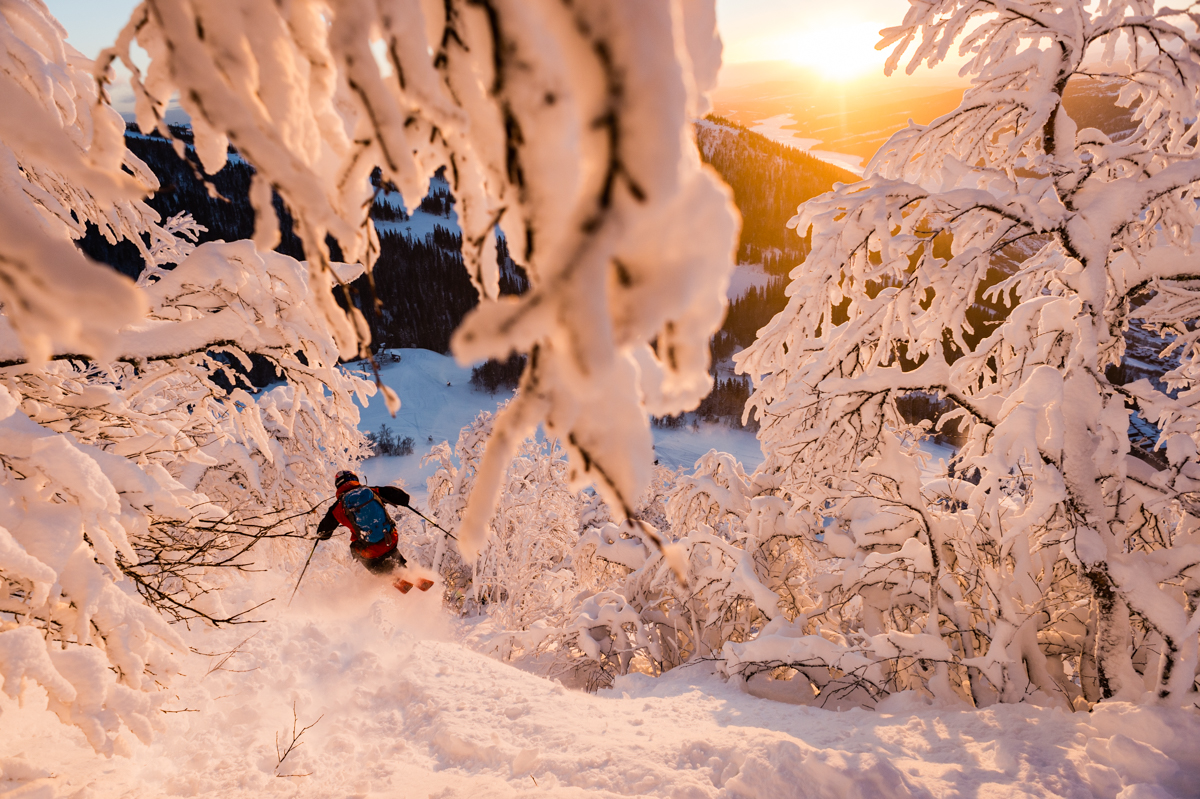
Sweden: ranks high on the skiability scale. (Photo: Mattias Fredriksson)
England is an interesting case. No, she doesn’t have any real snow or mountains, just indoor ski halls and dry slopes. But given that, the English are still somewhat of a skiing folk (as anyone who’s ever been in the Alps over the holidays can attest). Yes, the English ski; but how good they ski is another question. The skiability model cuts the English a bit of slack for practically inventing the Alpine vacation, but even so, it would be a stretch to say that their chances are good.
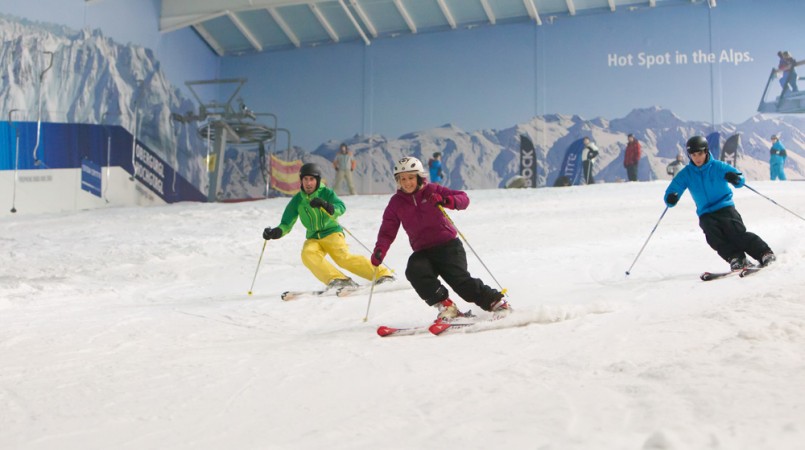
England: not exactly a hot spot. (Photo: snow.guide)
Pivoting to the Iberian peninsula: Portugal may have Ronaldo, but they just don’t ski. However, there is actually a ski resort in the country, Serra da Estrela, which shifts the Portuguese up from the bottom of the skiability model to somewhere well below the average.
Her neighbor Spain is better off, with a variety of ski destinations from the Sierra Nevada in the south, the Corderilla Cantábrica in the north and the Pyrenees in the east. While her ski potential may not be as recognized as other nations, it’s definitely there. The Spanish come out positive on the skiability analysis with a ranking well above average.

Spain: quite skiable. (Photo source: spain.info)
As we approach the Alps, France is an inescapable powerhouse. Both a birthplace and a standard-bearer of modern ski culture, the rich ski scene of the French Alps places them on the extreme high end of the skiability scale. This, after all, is the country of aprés ski, Chamonix and Candide Thovex. Based on the skiability model, it’s hard to find a nation that can beat the French.
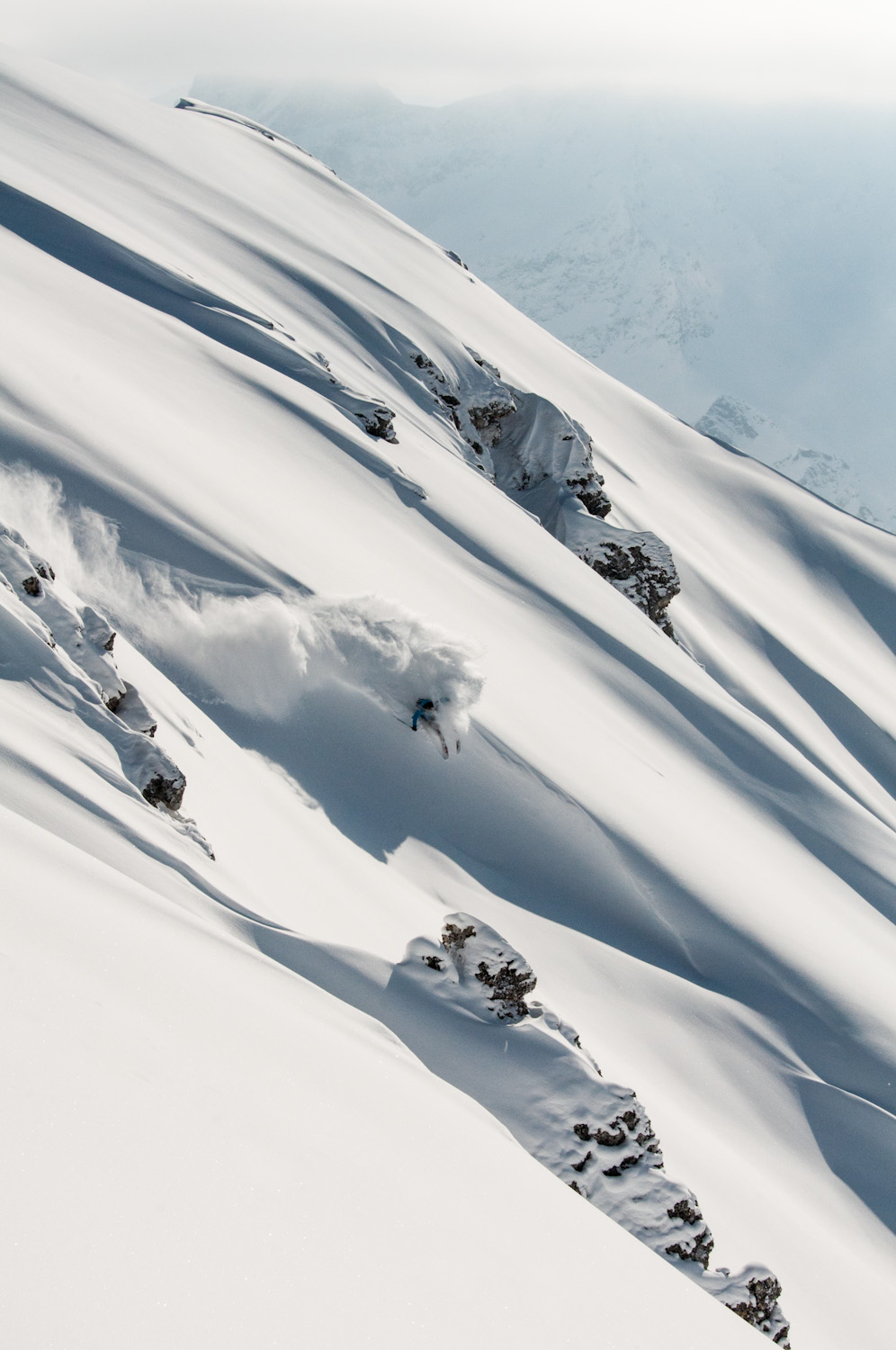
France: a top contender. (Photo: Stone)
Germany would like to think that she could, with a very rich ski tradition of her own and a solid footing in ski culture and history. The Germans certainly rank highly as a skiing people—but truth be told, the skiing really gets started where Germany stops and Austria begins. So while the Germans receive a very respectable ranking on the skiability scale, their high point lacks the elevation of some of their neighbors.
If anyone can give the French a run for their money, it would be Switzerland. A nation practically synonymous with mountains and snow, the Swiss are arguably the winners of the skiability model. The only possible downside is the price of the fondue.
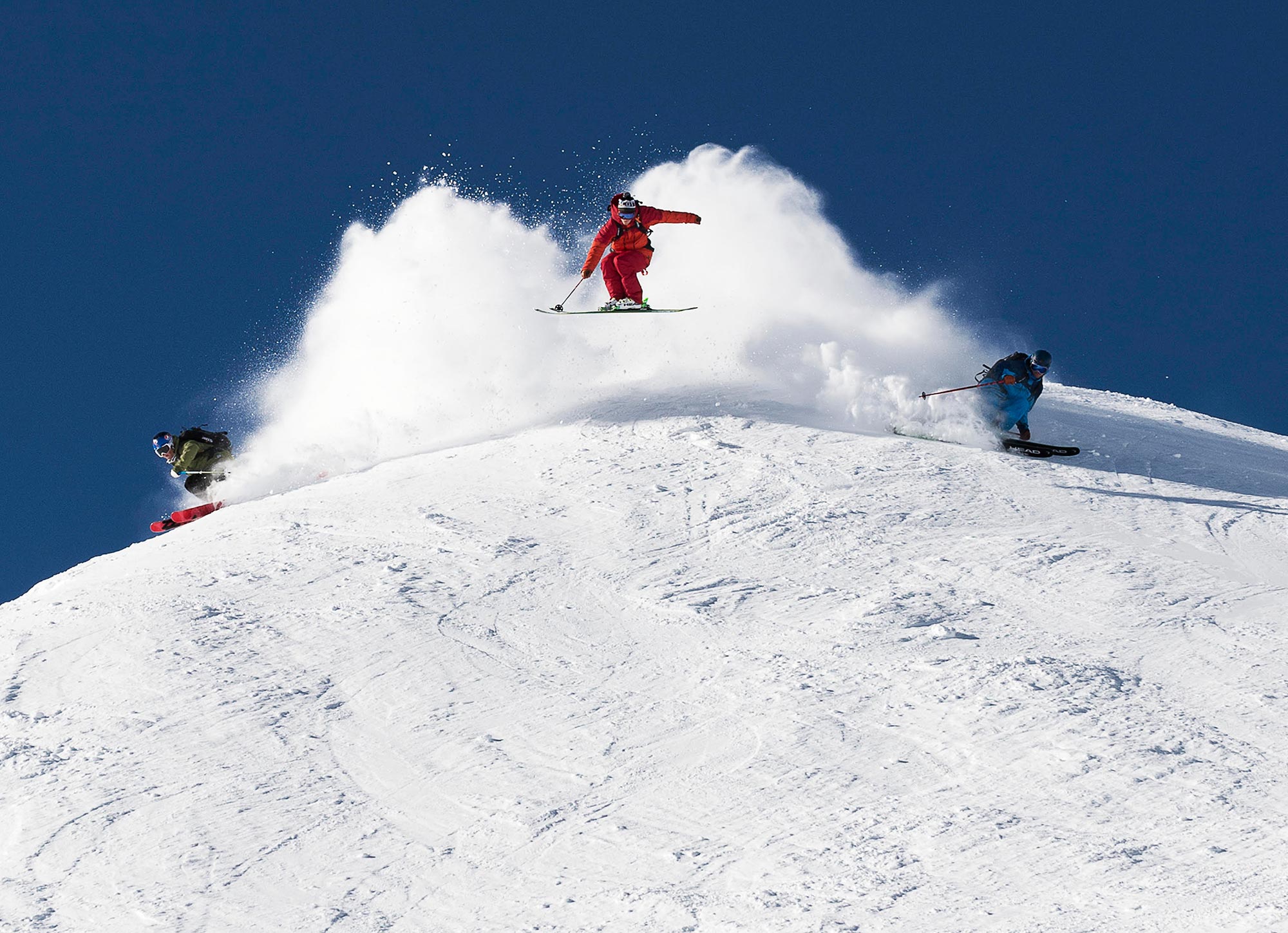
Switzerland: tough to beat on the skiability scale. (Photo: Anton Enerlöv)
Looking east, Serbia is a surprise upstart in the skiability analysis, with a few dozen ski resorts featuring good terrain, respectable elevation and reliable snow. Thanks to this, the Serbs get an underdog, team-to-watch rating. The same can’t be said for her neighbor Croatia, who offers a few small, low-elevation ski resorts—enough to stay off the bottom of the chart, but not much more than that. Rounding out eastern Europe, Poland presents herself as a solid above-average candidate, with hundreds of ski resorts and an underrated scene.

Serbia: surprisingly skiable. (Photo: Serbia.com)
We finish our skiability analysis in the Mideast, where Iran emerges as a clear favorite with her towering mountain ranges, high-elevation resorts and reputation for untracked powder. Long considered a secret skiing gem, the Iranians receive a major boost on the skiability scale, landing well above the average.
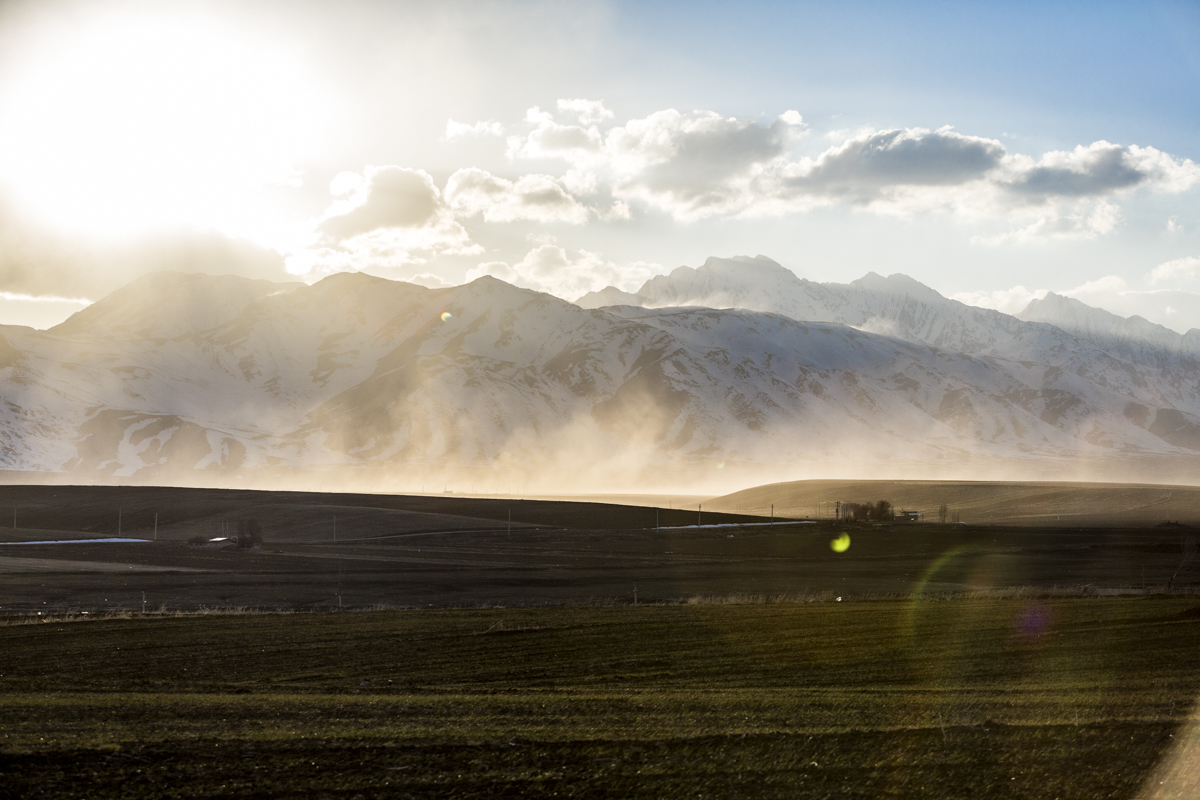
Iran: has potential. Photo: Jeremy Bernard
Last, and in this case, kind of least: skiing in Saudi Arabia? Well, there’s always this:

Skiing in Saudi Arabia
CONCLUSION: The skiability model predicts World Cup success for nations like France, Switzerland, Japan, Iran, Russia, Argentina, Sweden, Iceland, Spain and Germany. Losers in the analysis include Brazil, Mexico, Portugal and Belgium.
Our 2018 World Cup prediction based on the skiability analysis: SWITZERLAND stuns the globe to win their first World Cup!


